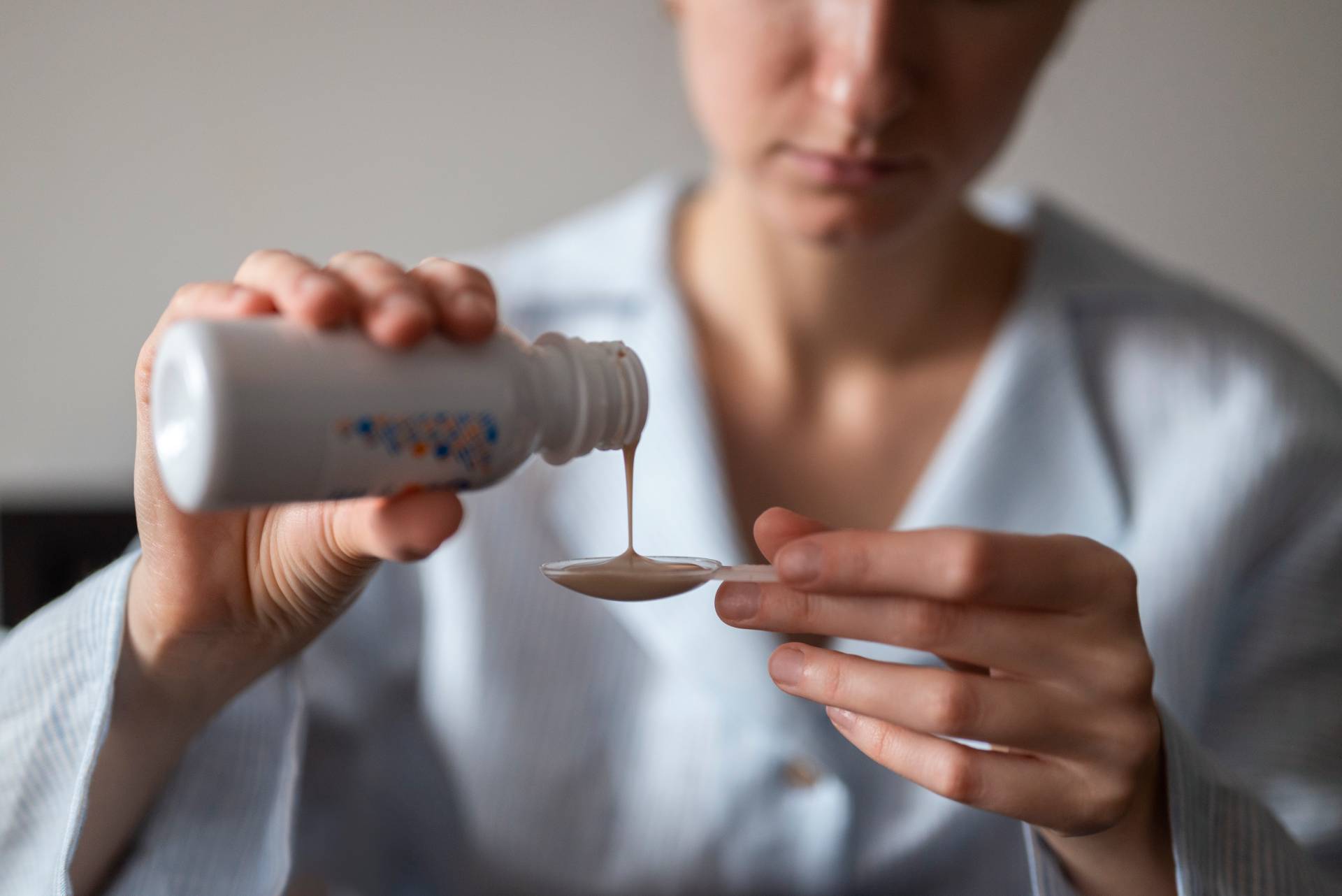Anorectal Manometry in St. Louis, MO
What is an anorectal manometry?
Anorectal manometry assesses the muscles’ reactions and strength required for a normal bowel movement. The test is typically performed on patients who are struggling with constipation or fecal incontinence. The exam studies the pressure of the anal sphincter muscles, the sensation in the rectum, and the reactions of the colon muscles. If you need an anorectal manometry test in St. Louis, MO, you can find a talented GI specialist at a Specialists in Gastroenterology location in your community.

How can I get ready for my anorectal manometry?
You will have to “empty” your colon before the test. This can be done using a laxative drink and by abstaining from food 24 hours before your appointment. Your specialist will discuss with you the exact preparations you must take preceding your anorectal manometry.
What should I anticipate with an anorectal manometry test?
You will not be required to undergo sedation during the exam. You will be asked to rest on your side, and a Specialists in Gastroenterology technician will gradually place a small pliable tube through the anal sphincter and into the rectum. You may feel moderately uncomfortable, though, you should not feel pain. Measurements will be done based on the response of your inner muscles and explained by your GI provider. The procedure can take approximately 10 to 20 minutes, and you will discuss your results with your GI physician immediately following the procedure. Following your anorectal manometry test in St. Louis, MO, you would be allowed to go home and continue your regular diet and schedule.
Is anorectal manometry safe?
Anorectal manometry is a low-risk procedure that typically does not cause any pain. While complications are rare, a few of the most common risks are puncture or tearing of the rectum, bleeding, and gear failure. If you are allergic to latex, be sure to let your attendant know before the exam begins.

Uncover the cause of your GI symptoms
Anorectal Manometry FAQs
What is the purpose of conducting an anorectal manometry?
Anorectal manometry is conducted primarily to diagnose issues that impact bowel functionality, such as chronic constipation or fecal incontinence. Additionally, it is used to evaluate the function of the anorectal area before and after surgical interventions that involve the rectum and anus.
How are the findings from an anorectal manometry interpreted?
The data from an anorectal manometry test provides comprehensive insights into the pressures and coordination of the muscles in the rectal and anal areas. These findings are crucial for diagnosing various conditions affecting bowel control. Your gastroenterologist will discuss these results with you to assist in diagnosing or determining the best course of treatment for any identified issues.
What steps should be taken following an anorectal manometry procedure?
Typically, you can return to normal activities right after an anorectal manometry without specific restrictions. However, if you encounter any abnormal symptoms post-test, such as significant rectal bleeding or severe pain, it is imperative that you contact your gastroenterologist immediately for further guidance.
